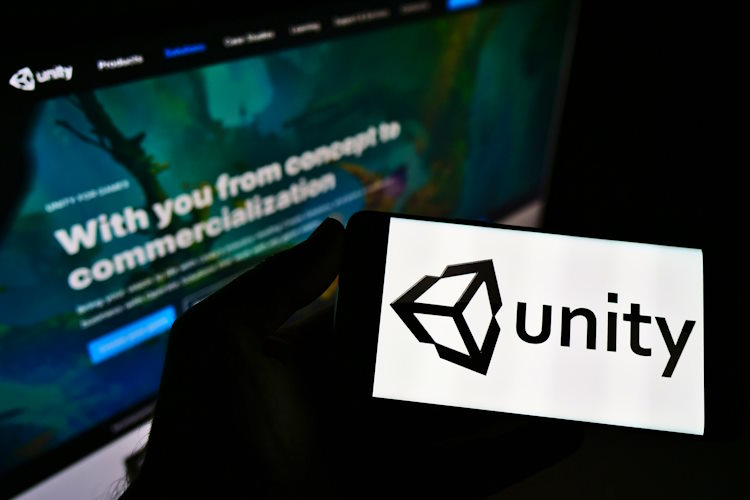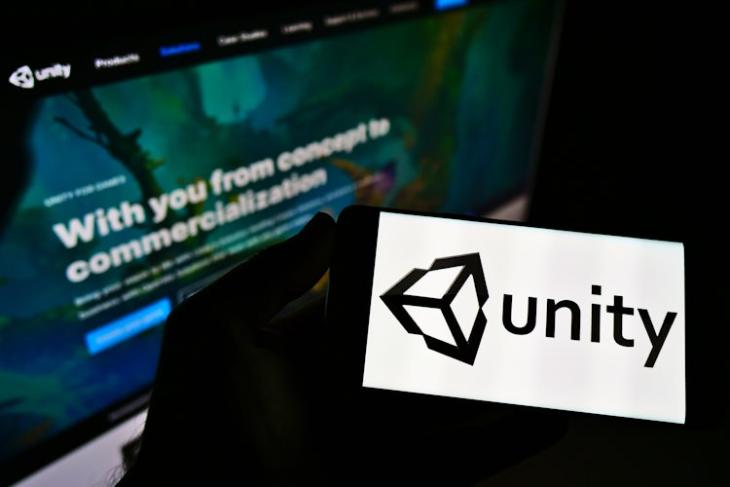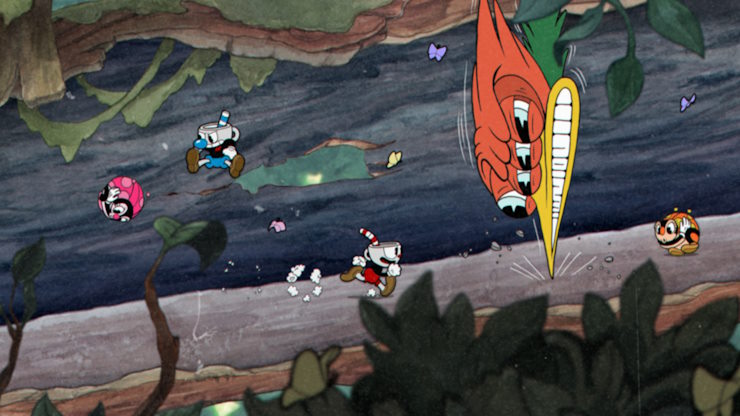

Anybody who performs video video games is aware of how vital and influential the Unity Engine has grow to be. It powers a few of your favourite video games and is the go-to engine for indie recreation builders and small-time college students to tinker and study recreation growth. Not too long ago, quite a few AAA Studios have opted to make use of the Unity engine for his or her initiatives. So, everybody was shocked when Unity introduced their new pricing coverage and the way they plan to earn more cash from the engine. And albeit talking, the brand new coverage is something however supporting the builders.
What’s the New Unity Engine Pricing Coverage
As per an official weblog put up by Unity, the brand new engine coverage modifications the pricing and licensing for builders. Beginning 1st January 2024, builders must pay a month-to-month runtime price for brand spanking new recreation installs. This technique will kick in for builders who earned above $200,000 within the final 12 months and have a lifetime of 200,000 recreation installs. Unity Professional and Unity Enterprise subscribers must pay after they move the $1 million income and 1 million lifetime set up threshold.
If we do some fundamental maths (which developer Rami Ismail defined aptly), Unity private customers must pay $0.20 per set up as soon as they cross 200,000 downloads in a 12 months. This implies you pay roughly $40,000 yearly when you attain the brink. Frankly, this sounds unrealistic and hurts smaller builders greater than the larger ones.
You already know, the precise consumer base of the engine over the AAA or AA studios. Compared, competitor engines like Godot, GameMaker, and RPG Maker don’t cost a single penny when utilizing their recreation engine. Even Epic Video games costs solely 5% of your income when you attain a lifetime of 1 million greenback gross sales.
Issues maintain getting upsetting while you get extra particulars on how this technique works. Firstly, the corporate plans so as to add this technique retroactively to each Unity recreation available in the market. Secondly, each recreation set up can be thought of for the $0.020 cost. This implies even when an individual pirates the copy, Unity will cost you for that set up. And it doesn’t take rocket science to grasp how badly this technique can be utilized by folks to make a developer bankrupt.
Unity Responds to Worries of Recreation Devs

Unity took to their official X (previously Twitter) account to make clear their stance, saying it might solely have an effect on builders earning money. The vast majority of their builders are protected and might freely use their engine as it’s. Moreover, the Unity runtime price isn’t retroactive and perpetual.
They’ll cost as soon as for a brand new set up. It’s not like a perpetual license royalty, like income share. Moreover, they declare that they provide methods to carry this runtime price to zero, the place customers can contact them to debate reductions on the pricing. Additionally they launched an FAQ part outlining each concern of builders. Moreover, there is no such thing as a clear rationalization of how Unity will monitor the set up of video games working on its engine.
Let’s not sugarcoat the scenario, although. Unity has been doing questionable issues over the previous few years. Earlier, their information of merging with ironSource introduced some disapproval from the general public. Individuals imagine that implementing monetization earlier in recreation growth isn’t okay. When requested about it, Unity CEO John Riccitiello, in probably the most tasteful style, referred to as its customers “fu*king idiots.” He did apologize, and after, you guessed it, folks had been upset. The introduction of the brand new runtime charges has pushed builders so far-off from the corporate that many are contemplating shifting their video games to a different engine and leaving Unity behind.
And why shouldn’t they? This new price construction from Unity impacts everybody. Some in style titles made in Unity Engine embody the likes of HoYoverse’s Genshin Impression, Honkai: Star Rail, indie gems just like the System Shock Remake, Cuphead, Rust, Hole Knight, Ori, and many others. When you think about their set up base, these recreation builders can pay 1000’s of {dollars} per set up over the royalty they must pay (since I assume they’re on the Unity skilled plans). If larger video games corresponding to these are in bother, think about what would occur to a smaller indie title that turns into well-known and enjoys 1000’s of downloads.
Hopefully, we see an answer from Unity within the coming weeks. In spite of everything, builders are voicing their considerations, and they’re real. And if one thing works wonders, it’s voicing your considerations. Generally.


